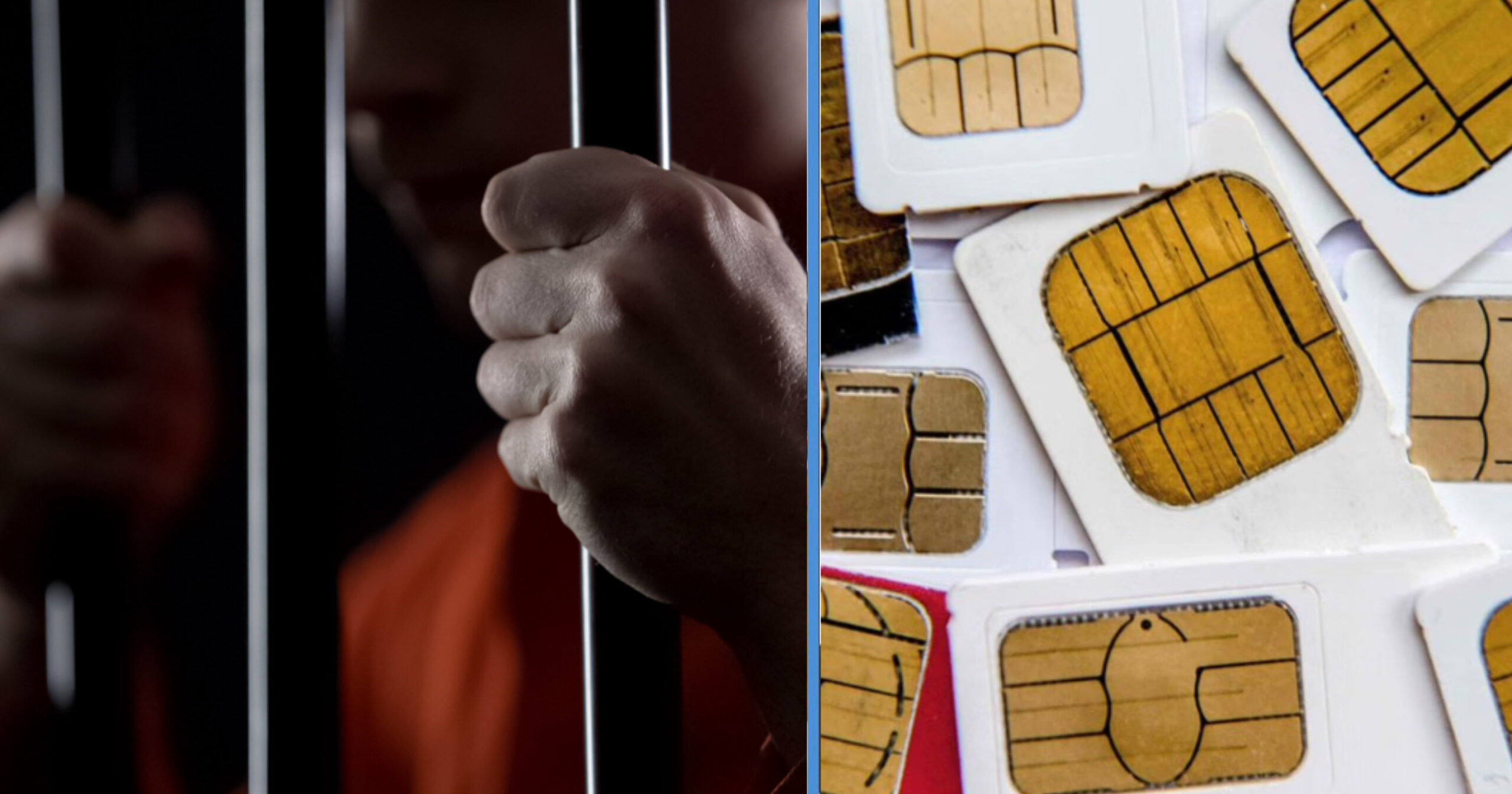It’s New Year’s Eve.
You know what that means. Tomorrow, we’ll have a new year, an increase in ride-hailing and food delivery platform fees, new laws that could cause you to be kena jailed for misusing your SIM card, and—
Huh? What’s the last one there? Jailed for misusing my SIM card?
Yes, you read that right. From 1 January 2025 onwards, new laws under the Law Enforcement and Other Matters Act will come into effect. Among these new laws are laws regarding the misuse of SIM cards.
Here’s what they’re all about.
New Laws Targeting the Misuse of SIM Cards
The first order of business is understanding why we need laws targeting the misuse of SIM cards in the first place.
Have you ever received one of those calls from a Singapore-looking number, but picked up the call just to realise it’s a scam? Or have you ever received an ominous text message from an unknown local mobile number asking you if you need money?
Well, that’s exactly what the new laws will be targeting.
Criminal syndicates have increasingly turned to local SIM cards to conduct their criminal activities. The reason? According to the Ministry of Home Affairs (MHA), to skirt existing anti-scam measures introduced in Singapore this year.
Huh? Simi existing measures?
If you recall, you now have the option to block international calls and SMS on your phones — this measure was introduced earlier this year.
So, if Singaporeans have been blocking these scammers’ overseas calls and texts, they can no longer conduct their activities using overseas numbers. The scammers have to turn to other methods to get in contact with you — it just so happens that many have turned to using local SIM cards.
In fact, so many syndicates have turned to using local SIM cards that the number of local mobile lines involved in scams and other cybercrimes quadrupled from 2021 to 2023.
But how do the syndicates get their local SIM cards? Well, they do it by, for instance, buying local SIM cards from Singaporeans here, or asking unsuspecting Singaporeans to help them register a local SIM card.
And that’s why we’re now about to have the new Law Enforcement and Other Matters Act — it’s to deter the misuse of local SIM cards for criminal activities such as scams; it’s to make sure that Singaporeans do not assist such syndicates in acquiring their local SIM cards.
But how are they going to make sure the new laws work? Well, the laws will target three different groups that could facilitate these syndicates’ activities — irresponsible SIM card subscribers, middlemen, and errant SIM card retailers.
Laws Targeting Irresponsible SIM Card Subscribers
First, under the new Act, we have a set of laws targeting irresponsible SIM card subscribers.
If you have given away SIM cards registered in your name, you must take reasonable steps to find out the identity and location of the SIM card recipient or their purpose for obtaining it.
Then, if you have reasonable grounds to believe that the SIM card you have given away would be used to commit or facilitate a crime, you could be jailed for up to three years, fined up to $10,000, or both.
So, just keep your SIM card for your own use lah, hor? Don’t be an irresponsible SIM card subscriber.
Laws Targeting Middlemen
Next, the new Act also has laws targeting middlemen.
If you receive, supply, or possess unregistered local SIM cards or those registered with someone else’s particulars, you might kena also. Ordinarily, if you’re caught receiving, supplying, or possessing the SIM cards, the prosecution must proceed to prove that you had criminal intent or knowledge.
Criminal intent means that you intended to use the SIM cards to commit or facilitate a crime. Knowledge, in this context, means that you have reasonable grounds to believe that the SIM cards would be used to commit or facilitate a crime.
But here’s the catch — if the SIM cards have indeed been used in a crime, or if there are 11 or more SIM cards involved, the prosecution does not have to prove criminal intent or knowledge. Instead, as long as you were found to receive, supply, or possess local SIM cards (unregistered or not), you might have to go to jiak kali png at Changi.
First-time offenders will be jailed for up to three years, fined up to $10,000, or both. Repeat offenders can be jailed for up to five years, fined up to $20,000, or both.
Laws Targeting Errant Retailers
Last, the new Act will have a set of laws targeting errant retailers.
MHA said: “Currently, mobile service providers may be found in breach of their regulatory obligations if they or their appointed retailers facilitate fraudulent registrations.”
Now, with the new Act, the errant retailers themselves will also get in trouble if they’re found to have facilitated the fraudulent registration of local SIM cards.
So, what does it mean to have facilitated a fraudulent registration? It means that a retailer has registered local SIM cards using a person’s personal information, knowing or having reasonable grounds to believe that the person whose personal information is being used to register the SIM card did not authorise it, or that the personal information given by the person seeking to register the SIM card is false or misleading.
It’s quite a mouthful, but to be honest, you don’t have to worry about it if you’re a law-abiding retailer lah.
If a retailer is indeed found to have facilitated a fraudulent registration, there are two ways that they might then kena punishment.
First, if it is proven that the retailer facilitated the fraudulent registrations knowing or having reasonable grounds to believe the local SIM card would be used for unlawful purposes. Second, if the local SIM card registered by the retailer proves to have subsequently been used for unlawful purposes.
If one of those two is proven, the retailer will kena a fine of up to $10,000 or jail of up to three years, or both. Repeat offenders can be fined up to $20,000, jailed up to five years, or both.
So, what’s your take on the new laws? Do you think it will work?
If you watch at least 10 minutes of brain rot content daily, you must know this:


Read Also:
Advertisements

